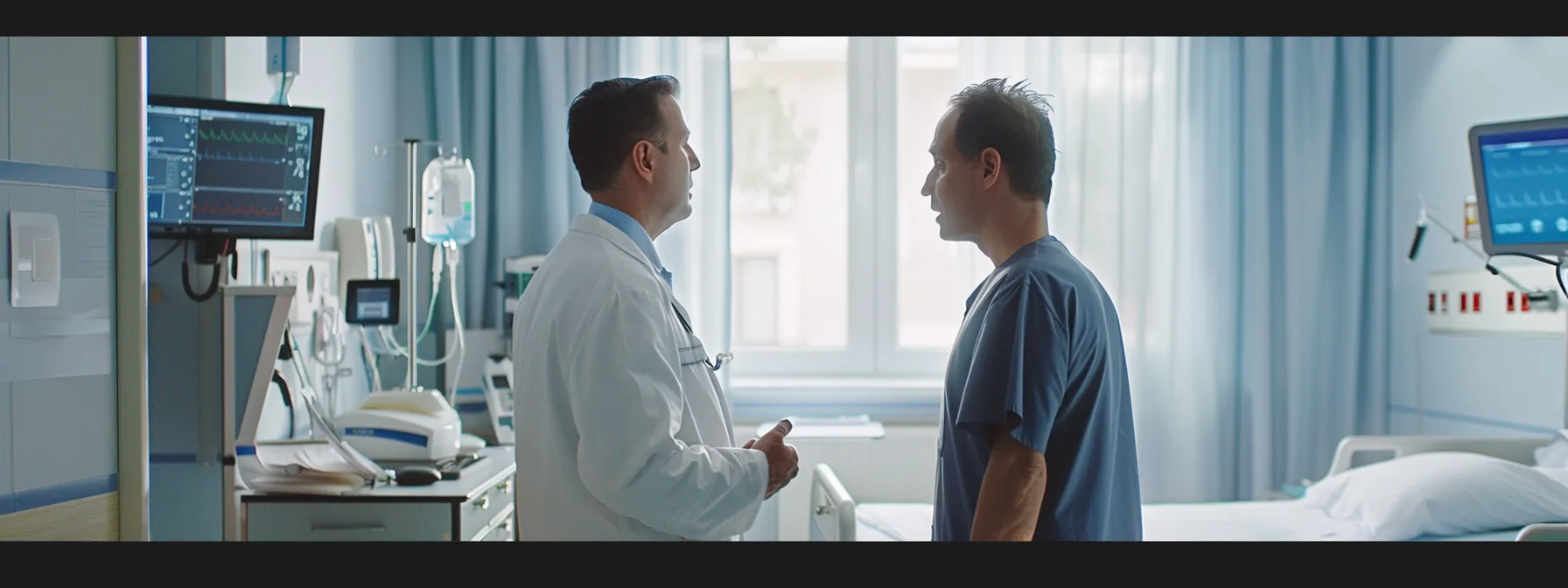The Importance of Health Risk Assessments in Preventive Healthcare
When it comes to maintaining optimal health, prevention is key. Health risk assessments have become a cornerstone of preventive healthcare, offering a proactive approach to identifying potential health issues before they become serious. These assessments give individuals and healthcare providers valuable insights into risk factors and possible health concerns. By addressing these risks early on, individuals can make informed decisions about their lifestyle and healthcare choices. Keep reading to discover the vital role health risk assessments play in the modern healthcare landscape.
The Role of Health Risk Assessments in Early Disease Detection
Early detection of diseases is one of the most beneficial aspects of health risk assessments. By recognizing the early signs or risk factors for disease, individuals can seek medical advice and treatment sooner rather than later. This warning is particularly important for diseases that may not present obvious symptoms in the early stages, such as hypertension or high cholesterol, which can be silent precursors to more severe conditions like stroke or heart attack.
Detailed HRAs, which might include blood tests and biometric screenings, go a step further by unearthing potential issues that self-reported information alone might miss. For example, blood glucose levels and cholesterol readings provide concrete data that can reveal risk factors for conditions like diabetes or cardiovascular disease. Health risk assessment by Personalabs combining body data and blood tests, is an example of a comprehensive approach to identifying health risks.
The outcome of these early detections is often a significant shift in the patient’s approach to their health. For instance, a person who learns they’re at risk for diabetes might be more inclined to adhere to a diet and exercise plan. This proactive response can slow the progression of the disease or even prevent it from developing at all. Thus, HRAs can be a catalyst for positive behavioral change.
How Health Risk Assessments Contribute to Personalized Care Plans

Personalized medicine is at the forefront of modern healthcare, focusing on treatments and preventive measures that are specifically tailored to individual patients. Health risk assessments contribute significantly to this personalized approach by providing detailed information about a patient’s unique health profile. With this information at hand, physicians and healthcare providers can craft care plans that address the specific needs and risks of each patient.
HRAs help in categorizing patients not just by their current health status but also by their potential future health trajectory. Individuals considered to be at high risk for particular conditions can receive targeted interventions and monitoring, while those at lower risk can be reassured and given appropriate general advice. It is this stratification of care that ensures resources are utilized efficiently and effectively.
The Impact of Regular Health Risk Assessments on Healthcare Costs

The financial implications of health risk assessments in the context of healthcare costs are profound. Preventive measures, including regular HRAs, can substantially reduce the need for expensive medical interventions down the line. By catching potential health issues before they escalate into more serious and costly problems, HRAs can ease the financial burden on both patients and healthcare systems.
Studies have shown that interventions initiated as a result of HRAs can lead to improved health behaviors, reduced risk factors, and a lower incidence of chronic diseases. These positive outcomes have a direct correlation to reduced hospital admissions, fewer emergency room visits, and a decline in the use of expensive diagnostic and therapeutic procedures.
Integrating Health Risk Assessments Into Routine Check-ups and Wellness Programs

Many healthcare providers are now integrating health risk assessments as a standard component of routine check-ups. This integration ensures that patients are evaluated on a regular basis, keeping their health data updated and relevant. Given the fast-paced lifestyle of today’s society, having these assessments during check-ups is a crucial step in catching potential issues early on, before they become more serious.
Wellness programs, both in the community and in corporate environments, are also recognizing the value of health risk assessments. These programs often use the results from HRAs to create tailored wellness initiatives that can address specific health trends within a population. By providing personalized recommendations and support, wellness programs can be more effective in promoting healthful behaviors among participants.
Overall, the implementation of health risk assessments in preventive healthcare represents a shift towards a more future-focused and patient-centered approach. It emphasizes the importance of early detection, personalized care plans, and regular monitoring, ultimately leading to better health outcomes and cost savings for all stakeholders involved in healthcare delivery. By fully embracing HRAs, we can look forward to a future where proactive health management is the norm and preventable conditions are significantly reduced.




